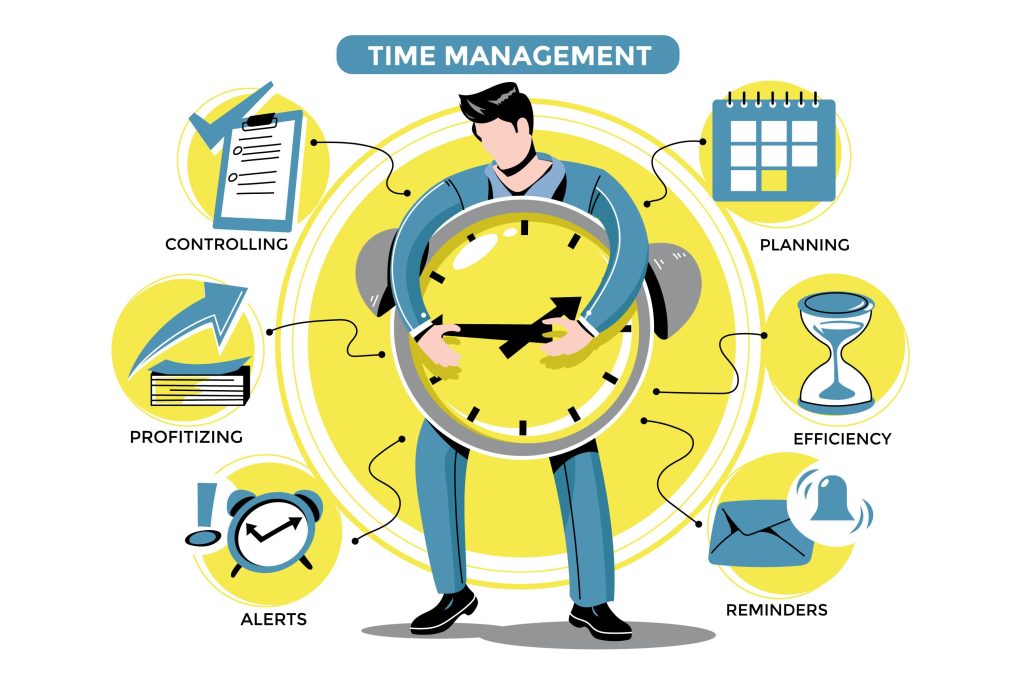In today’s fast-paced world, it’s crucial to find ways to cultivate “mental room” in tight schedules. By practicing effective time management, mindfulness, and self-care, you can create the mental space needed to thrive despite a busy calendar.

What Does “Mental Room” Mean?
“Mental room” refers to the space we allow our minds to think freely, make decisions, and process emotions without constant pressure or overload. It’s about balancing productivity with self-care, allowing space for creativity, calm, and mindfulness, even when your calendar seems packed.
Why You Need Mental Room in Your Life
- Prevents Burnout: Overloading your mind with constant tasks leads to fatigue and burnout. Cultivating mental room can protect your mental health by ensuring you don’t drown in stress.
- Boosts Productivity: By setting aside mental space, you allow yourself to make better decisions, think clearly, and prioritize effectively, which ultimately enhances productivity.
- Improves Emotional Well-being: When you have time to pause and reflect, it can lead to better emotional regulation, reducing anxiety and boosting mental resilience.
Strategies to Cultivate Mental Room in Tight Schedules
1. Time Blocking for Focused Work
One of the best ways to create mental room is by organizing your schedule into time blocks. Instead of juggling tasks, set aside uninterrupted time for specific activities. Whether it’s work or personal time, knowing that you’ll have space to focus can clear up mental clutter.
- How to Implement It: Dedicate chunks of time for deep work, breaks, or even relaxation. Use tools like Google Calendar or a time-blocking app to help organize your day.
2. Practice Mindfulness for Mental Clarity
Mindfulness is a powerful tool for reducing stress and making mental space. Even in a busy schedule, taking just 5-10 minutes to practice mindfulness can help you clear your mind and regain focus.
- Benefits: Studies show that regular mindfulness practice reduces stress, enhances cognitive function, and improves emotional regulation.
- How to Practice: Try a short guided meditation, deep breathing exercises, or simply take a walk to reset your mind. Apps like Headspace and Calm can help you get started.
3. Delegate and Say “No”
Sometimes, the key to mental room is simply not doing it all. Learn to delegate tasks at work and home, and don’t be afraid to say “no” to commitments that do not serve your well-being or priorities.
- How to Implement: Identify tasks you can hand off to others. At work, consider whether you can delegate certain responsibilities. In your personal life, evaluate what activities are draining you and consider opting out.
4. Incorporate Microbreaks
When you’re rushing through a packed schedule, it’s easy to overlook the need for breaks. However, even short microbreaks throughout your day can create mental room.
- Why It Works: Taking breaks improves focus, reduces stress, and prevents burnout. Just five minutes of stretching, walking, or breathing exercises can significantly boost your mental capacity.
- How to Implement: Use the Pomodoro technique or set reminders to take a quick break every hour to clear your mind.
5. Set Boundaries and Prioritize Your Time
Learning to set boundaries is vital to ensuring your mental room. When your day is packed, it’s easy to feel overwhelmed, but saying no to tasks that don’t align with your goals can help you regain control over your mental space.
- How to Implement: Prioritize essential tasks. Use the Eisenhower Matrix to help differentiate between urgent vs. important tasks. This framework can help ensure you’re spending your energy where it matters most.
6. Embrace the Power of “Nothing”
In a world that glorifies productivity, it’s important to realize that mental room sometimes requires doing absolutely nothing. Unstructured downtime gives your brain the opportunity to rest and reset.
- How to Implement: Schedule some “do-nothing” time each day. Whether it’s a few minutes of sitting quietly or just taking a nap, allowing your brain to rest is essential for mental recovery.
The Role of Sleep in Mental Room
Sleep plays an undeniable role in how much mental room we have. Without adequate rest, your ability to focus, make decisions, and remain calm under pressure diminishes.
- Why It Matters: Sleep is crucial for memory consolidation, emotional processing, and overall cognitive function. When your mind is rested, it has more space for creativity and problem-solving.
- How to Improve Sleep: Create a calming nighttime routine, avoid caffeine in the afternoon, and keep your sleep environment cool and dark to improve the quality of your sleep.
Conclusion
Cultivating mental room is essential for navigating tight schedules and maintaining your wellness. By implementing time-blocking, practicing mindfulness, and prioritizing self-care, you can create space for calm, clarity, and creativity—no matter how busy life gets. Start with small steps today and see how much more productive and emotionally balanced you can become.
References
- Smith, A. and Brown, B. (2021) The Impact of Mindfulness on Mental Health in High-Stress Professions. Available at: https://www.psychjournal.com (Accessed: 24 June 2021).
- World Health Organization (2020) Sleep and Mental Health. Available at: https://www.who.int (Accessed: 24 June 2021).
- Rolph, G. W. (2017) Effects of mindfulness on perceived stress levels and heart rate variability. Available at: https://arxiv.org (Accessed: 26 June 2025).






